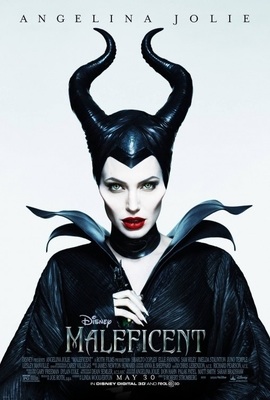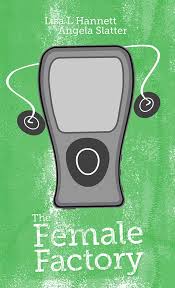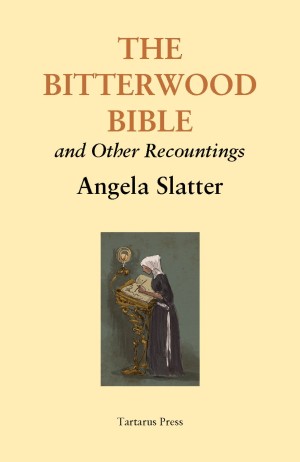
Joelene Pynnonen
Joelene Pynnonen embraces the life of an avid book lover in every way. Her household is ruled cruelly by a wrathful cat; and should a fire ever start it is doubtful that she would make it past the elegant stacks of novels to her room door. At least once a year she coerces her mother into watching the BBC mini-series of Pride and Prejudice with her, and will often follow up by re-reading the book.
 There were a plethora of amazing panels featuring authors from around the globe at Brisbane Writers Festival 2015. True to my bad work-schedule-luck, the final day was the only day that I was able to see any of them.
There were a plethora of amazing panels featuring authors from around the globe at Brisbane Writers Festival 2015. True to my bad work-schedule-luck, the final day was the only day that I was able to see any of them.
It turns out that that was all sorts of okay because on Sunday there was a panel called Ancient Myths, Modern Tales.
Reimagined myths and folklore have always been popular but more and more people seem to breathing new life into the old stories. This year alone I have read books strongly inspired by Irish myth, the tale of Scheherazade, Briar Rose, Greek mythology, faerie folklore, and Christian mythology. The popularity of shows like Once Upon a Time and Grimm, and films like Maleficent, Cinderella and Snow White and the Huntsman make it clear that our collective imagination has locked on to these mythic and folkloric tales. On the Ancient Myths, Modern Tales panel, three writers discuss why this might be, and how the old stories contribute to their own writing.
The panel was moderated by the remarkable Angela Slatter, a Brisbane author who is no stranger to the folkloric tales and makes fantastic use of elements of them in her short story collections Sourdough and Other Stories and Bitterwood Bible. It was a disappointment that Angela herself wasn’t discussing the impact of ancient myths on current tales as her books are richly inspired by lore while retaining their own distinct essence. As a moderator, however, she could not be faulted. Her questions were thoughtful and precise, generating some enthralling discussion.
The authors on the panel, Holly Black, Kelly Link, and Sjón, all had fascinating ideas about how and why the epic myths have stayed with us as a society for so long; and each of them had some lesser known bits of lore or mythology to share.
Each had their own views on the topics touched on, but there were a few points that everyone agreed on. The biggest of these is that the old tales are being retold in every story, movie or show created. When the hero seems to die in action movies and is revived by someone mourning them, we accept this because we are conditioned to accept that the kiss of true love restores life. The myths are fused so closely to current tales that it’s easy for writers to dip into them for inspiration without even realising it.
Even further than that, though, is the idea that the reason myths and lore keep showing up in current creative trends is that they are based on reality and reality has not much changed from the time of those tales. The ancient Greeks would build shrines in the hopes of pacifying Poseidon and now, almost 3000 years later, we are still at the mercy of the ocean whether it means from tsunami or from the rising sea levels. The tale of Hansel and Gretel was based off times of hardship when there was no food for the parents let alone children. While this is not a problem the western world is facing, it is still a major issue facing so many people in the world. The myths and legends tapped into real issues people faced, and there are echoes of that in our stories as the major issues have not faded.
It is evident from so many of the books and films emerging that the tales that regaled our ancestors still hold power over us. Ancient Myths, Modern Tales gave me some insight as to why, as well as a few new myths to think about.




















 n The Female Factory, procreation is big business. Children are a commodity few women can afford.
n The Female Factory, procreation is big business. Children are a commodity few women can afford. A group of girls study at a school for assassins, preparing for their wedding nights when they will kill their grooms. A lonely coffin maker finds company with the dead when she cannot have the living. Travelling holy women hunt down and capture all of the knowledge and stories in the world. These are just a few tales in the The Bitterwood Bible and Other Recountings.
A group of girls study at a school for assassins, preparing for their wedding nights when they will kill their grooms. A lonely coffin maker finds company with the dead when she cannot have the living. Travelling holy women hunt down and capture all of the knowledge and stories in the world. These are just a few tales in the The Bitterwood Bible and Other Recountings.














